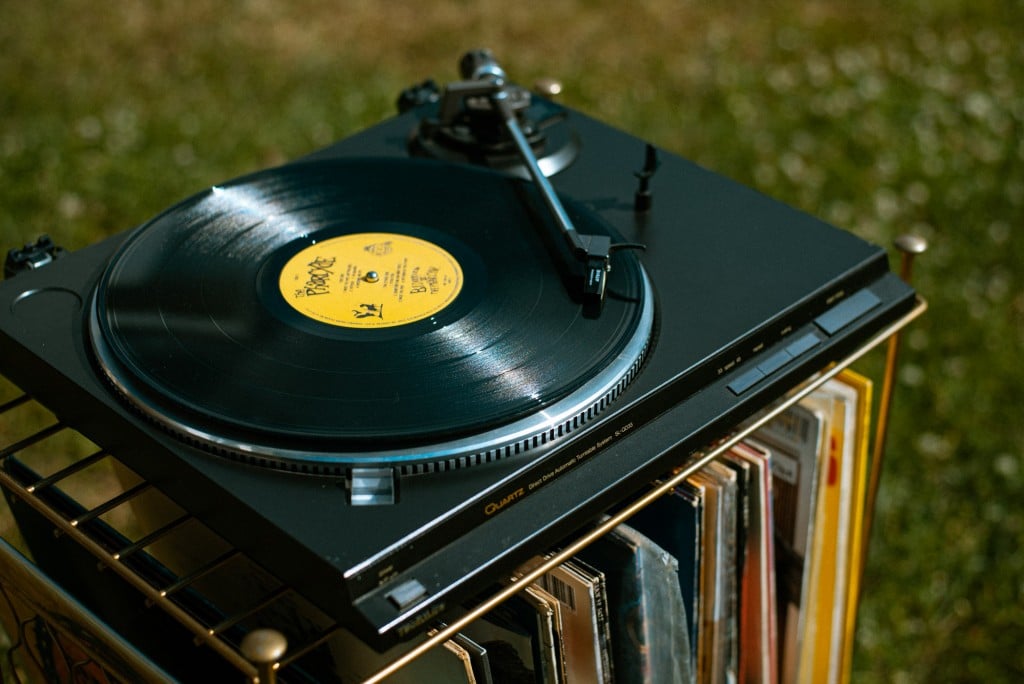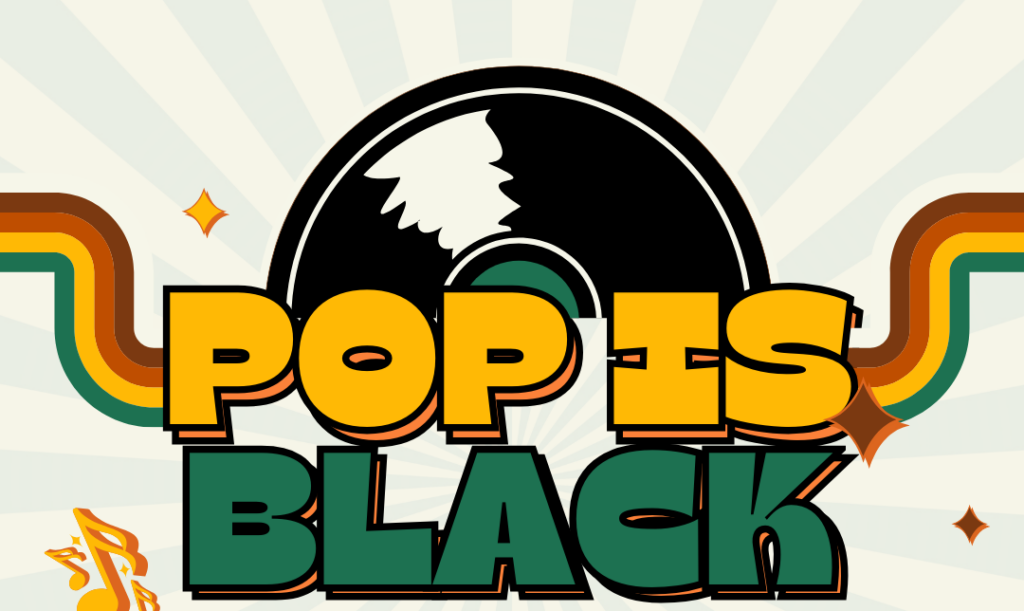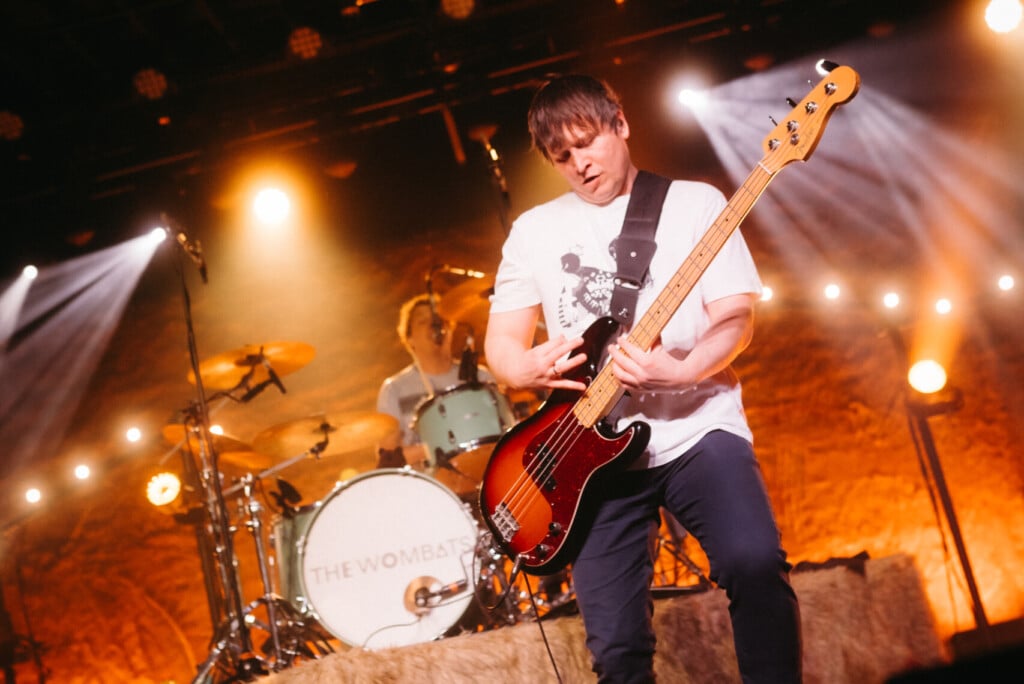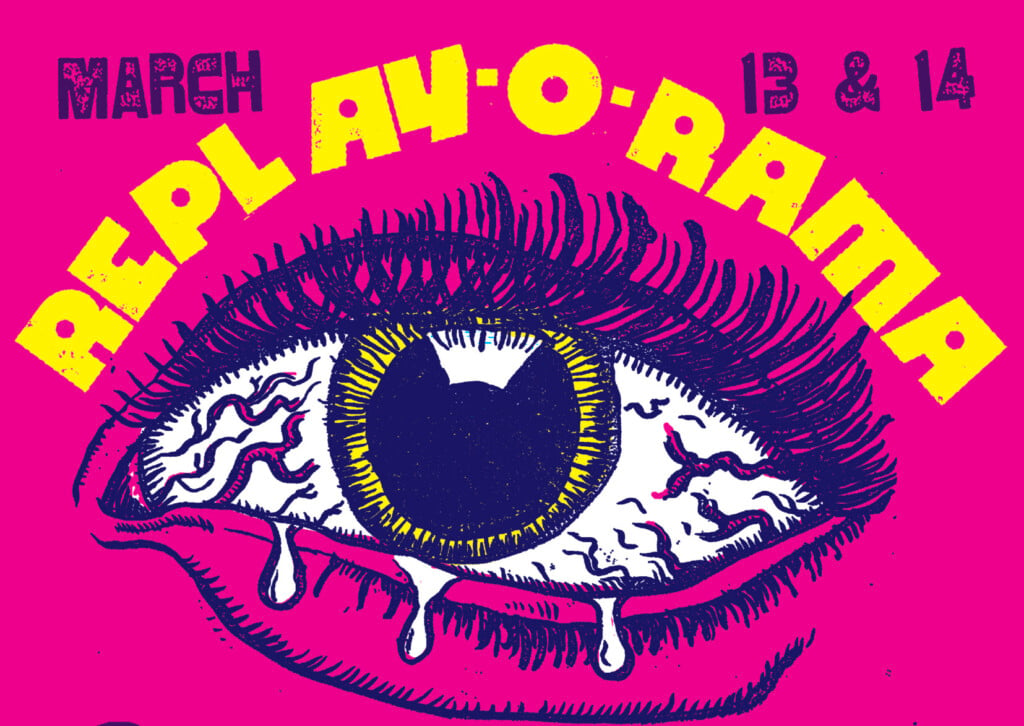Merry Mexmas
In the bargain basement of the entertainment world, among the dross and dreck of failed talent and unquenchable dreams, there lurk the Elvis impersonators. These are the lowest of the low, playing out their pitiful fantasies by thieving the soul of a dead icon. But one act transcends such pathos to truly become the King, or better, el Rey.
That man is El Vez, the Mexican Elvis. Backed by his Memphis Mariachis with vocal support from the Lovely Elvettes, El Vez has risen from humble beginnings to regale the world with his vision of rock and raza. For fifteen years, Elvis has indeed been alive, albeit transmogrified into a Chicano. And he fronts a pop-culture phantasmagoria where music, culture, politics, social issues and spirituality collide with the trivia and mythology surrounding America’s greatest pop symbol. The result: red-hot music, visual treats, belly laughs and flashes of brilliance.
El Vez is the brainchild of Californian Robert Lopez, whose musical career began two decades ago with influential San Diego punkers the Zeros. (Lopez proudly reports that the Zeros’ debut single is enshrined in Seattle’s Experience Music Project.) In the mid-1980s, Lopez was working as a curator and publicist for the Los Angeles art gallery La Luz de Luna when he curated a show of Elvis folk art. “We had an Elvis impersonator, and he wasn’t good,” Lopez recalls. “But he inspired me enough to think, sheesh, I could do that. I could be El Vez, the Mexican Elvis.”
So a star was born — accidentally. Thanks to the gallery show, Lopez met some hardcore fans who pointed him in the direction of Memphis for “Weep Week,” the Elvis tribute on the anniversary of the King’s death. “I just dared myself to go,” he says with a laugh. “And I said, OK, I can make a fool of myself since I don’t know anyone there.” He arranged for a band to back him in Memphis, and then, he says, he just faked it.
“I rewrote some words on the plane, and practiced my dance moves in the hotel room, and it got a mention in the Los Angeles Times. And then I got a call from an NBC show called 2 Hip 4 TV. So I was doing national TV before I’d even done my first show in L.A. Then my very first show in L.A. got pick-of-the-week in both papers, and no one had even seen it yet. So I was really on a con roll.”
As El Vez’s hillbilly-cat Spanglish would have it, Lopez seized el momento. “All the things I’d learned from doing PR for the gallery, I just turned onto myself,” he explains. “OK, let’s give the people a product. People are interested in this. The first year was great. I was just making it up as I went along. … It was just like a little test.”
Even after more than a decade as El Vez, Lopez still feels that his character has endless potential. He points out that Elvis himself performed 363 songs, and there is plenty of outside material he can fold into the El Vez oeuvre, including a modernistic El Vez in outer space (AzTech). He recently released his third Christmas-themed record, Sno-Way José, featuring originals such as “Brown Christmas” and “Cool Yule.”
Further down the road? “I fantasize about being an older El Vez in Branson,” Lopez says. “Come to El Vez’s Hacienda for the 7:30 show. Mojo Nixon once said to me, ‘You’re what Las Vegas is supposed to be.'”
Until then, El Vez will continue to make pointed parody. A look at the El Vez catalog reveals such brilliant Elvis transpositions as the album G.I. Ay Ay! Blues, the cover art for which parallels Presley’s G.I. Blues. Lopez dabs from the broader palette of popular music with Graciasland, referring both to the King’s palace and Paul Simon’s Grammy-winning ode. He’s even managed some treble entendre with the single “El Vez Calling,” which refers to the Clash album that refers in its cover art to an early Elvis release.
“I think I’m working on many different levels,” Lopez says. “I’m working on a level of rock history, so I’m throwing Elvis and Elvis Costello and Alice Cooper and David Bowie and the Beatles and Rolling Stones and the Sex Pistols all in the same pot. It’s like live sampling. Then Chicano social studies is another thing. Then there’s the other pop-culture references and the social and political commentary and the religious things in the gospel show.”
But for all the laughs, the El Vez experience does have elements of serious purpose. “The first stuff was just really silly ditties, like ‘You Ain’t Nothing but a Chihuahua.’ Then with ‘En el Barrio,’ I realized that this guy can put some messages out there,” Lopez explains. Hence “Suspicious Minds” becomes “Immigration Time,” which decries the plight of undocumented Mexican workers. He mixes the Memphis Mafia’s TCB slogan (taking care of business — in a flash!) with the hoary Bachman Turner Overdrive rocker “Taking Care of Business” for a commentary on how Latinos have become the backbone of America’s service economy. And Elvis meets the Godfather of Soul at a Chicano pride rally in “Say It Loud, I’m Brown and I’m Proud.” Through it all, El Vez reflects the burgeoning Hispanic influence on American society in a Mexican-American funhouse-mirror image of our greatest trailer-park godhead.
Elvis Presley used the stage to share his easily digestible visions of romance, kung fu and patriotism, but El Vez’s worldview is far more complicated. Fans “will get it or they won’t, or it’ll be subliminal,” he says. “Next time they hear ‘Suspicious Minds’ on the radio, they’ll think, oh, yeah, what was he saying? ‘Immigration Time.’ It’s like a subversive seed that’s been planted. It’s like putting the medicine in the ice cream.”
Besides, audiences take away many different things from the El Vez experience. “There’s the great rock and roll, the band, the dancing, the entertainment, the costume changes. People are going to go on different levels, and I don’t expect everyone to get all the nuances. And if they misinterpret it, that’s great, because to get lost in the translation makes it into something new.”




